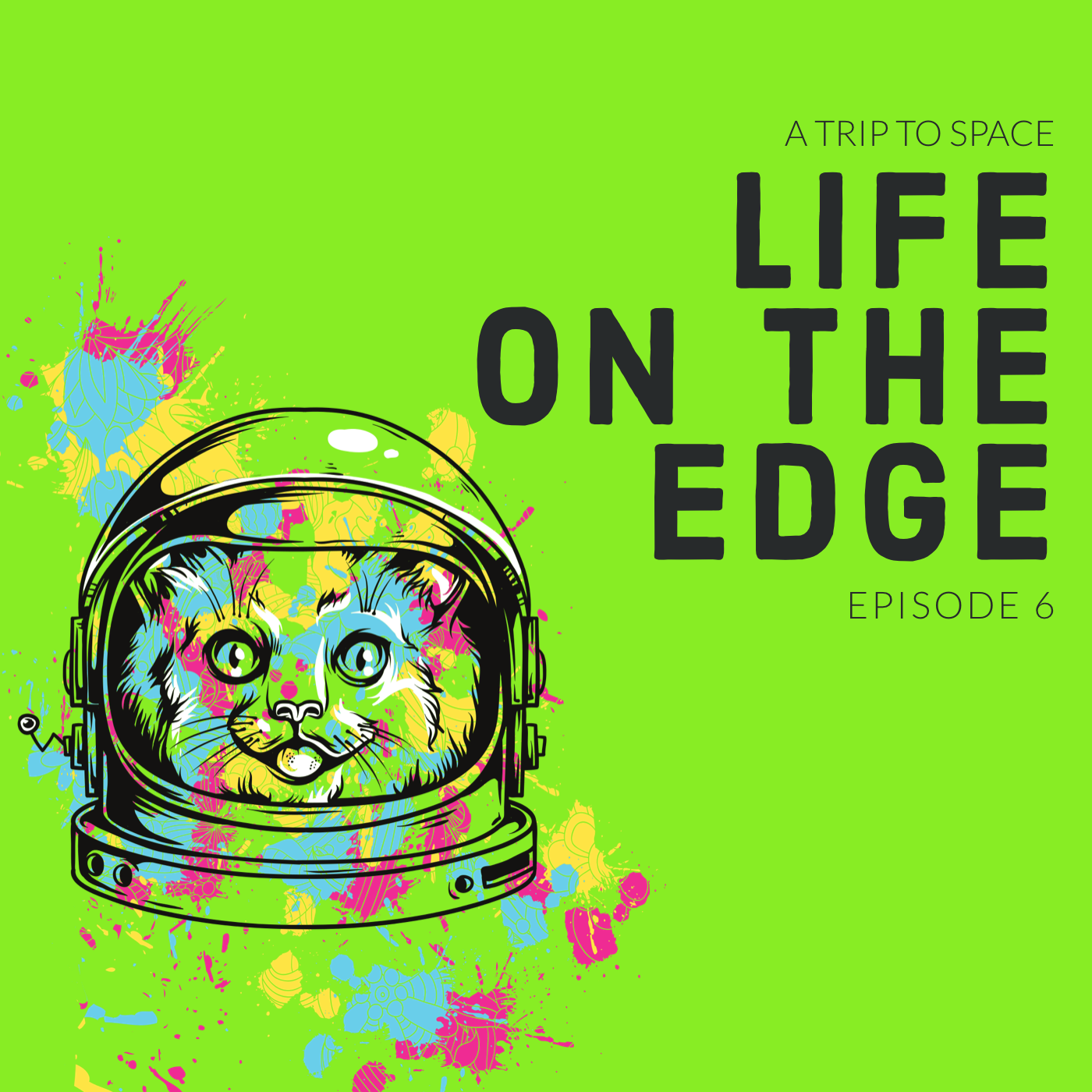Podcast: Play in new window | Download | Embed
Subscribe: Apple Podcasts | RSS | More
This week on the show we find that the Milky Way may not be all that unique, plasma from a microsecond after the Big Bang may have made all atoms, SpaceX may be creating a monopoly and the second chapter in our reading of HG Wells Modern Utopia.
We also explore whether we are heading for a Wild West in space, with a lack of coherent global regulation leading to a spike in the number of satellites sharing an orbit.
In a slightly related area, ArianeSpace, the main European launch provider, ESA partner and operator of many Soyuz rockets, believes SpaceX is monopolising low Earth orbit.
After covering space launch and policy, we move on to space science – with two big studies published in the last week before revealing more about our universe.
The first goes right back to a microsecond after the Big Bang, when the only matter about, Quark–gluon plasma, turned into all of the atoms in the universe – at least their cores – due to the rapid hot expansion.
QGP is a state of matter in which the elementary particles that make up the hadrons of baryonic matter are freed of their strong attraction for one another under extremely high energy densities. (Wikipedia).
The second study we explore looked at our Milky Way, well actually it looked at another galaxy 320 million light years away – but by studying it side on they found it was remarkably similar to the Milky Way.
This allowed them to theorise that, rather than being unique and created from an explosive merger with another galaxy, the Milky Way is typical off spiral galaxies and formed slowly over time.
We finish with chapter two of HG Well’s Modern Utopia.Finally, it’s time for chapter two in our reading of HG Wells Modern Utopia The 1905 work was serialised in the Fortnightly Review and is presented as a tale told by a character known as the ‘Owner of the Voice’.
CREDITS:
Background audio: Icons8, Pixabay
AI voices: Podcastle.ai
Text for Modern Utopia: Project Gutenberg


No responses yet